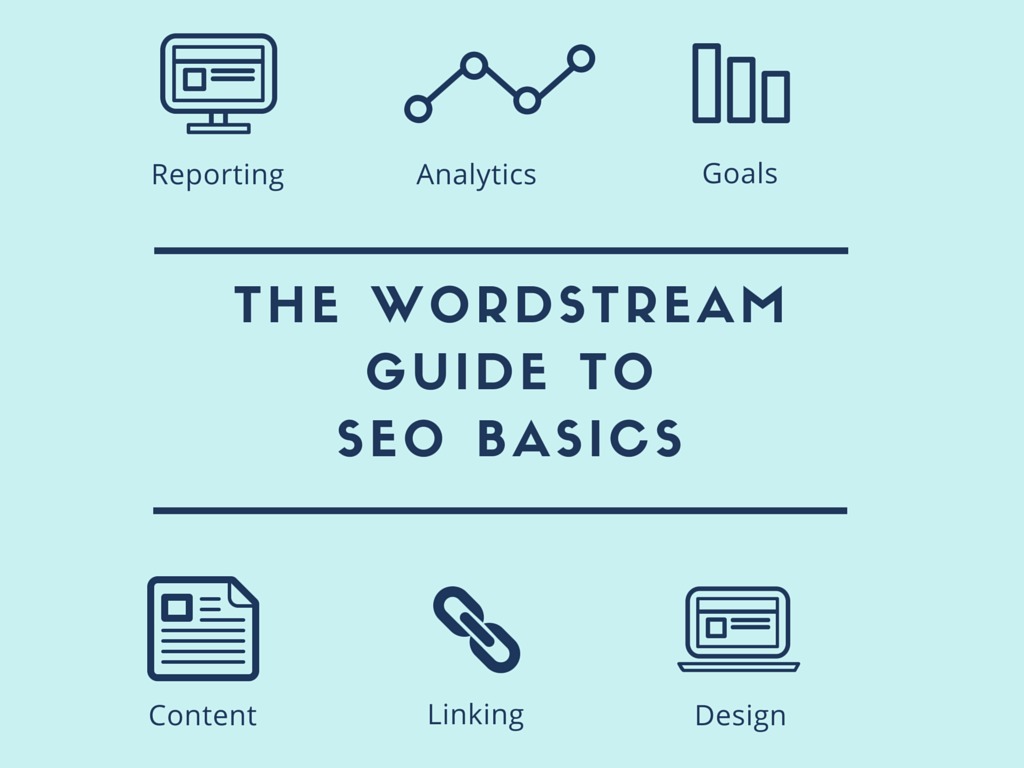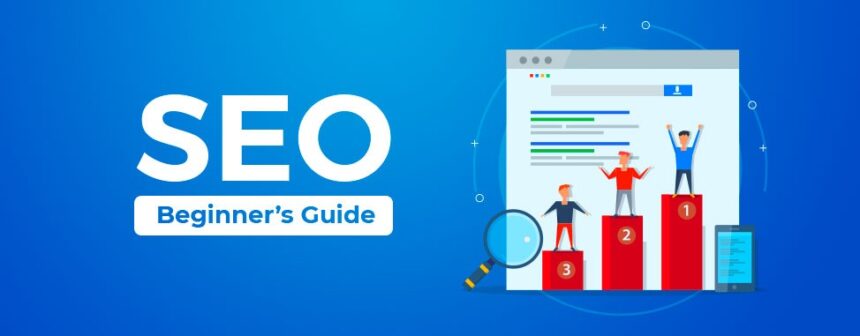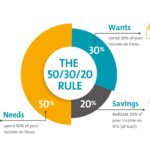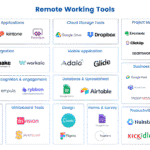Search Engine Optimization (SEO) is essential for anyone looking to grow a website, blog, or online business. If you’re a beginner, SEO can feel overwhelming, but with a clear roadmap, you can start ranking your content and driving organic traffic effectively.
In this guide, we’ll cover everything about SEO for Beginners in 2025 — from keyword research to technical optimization.
1. What is SEO?
SEO is the practice of optimizing your website so that it ranks higher in search engines like Google, Bing, and DuckDuckGo. Higher rankings = more organic traffic, more visibility, and better chances of monetization through ads, affiliate marketing, or product sales.

2. Why SEO Matters
- Organic search drives over 50% of all web traffic.
- Paid ads are expensive; SEO provides long-term traffic.
- Builds credibility and authority online.
3. Types of SEO
3.1 On-Page SEO
- Focuses on optimizing content and HTML source code.
- Key elements:
- Title tags & meta descriptions
- Header tags (H1, H2, H3)
- Internal linking
- Keyword usage & density
- Image alt tags
3.2 Off-Page SEO
- Focuses on improving your site’s reputation and authority.
- Key strategies:
- Backlinks from high-quality websites
- Social media signals
- Guest blogging
3.3 Technical SEO
- Ensures your website is easy to crawl and index.
- Key areas:
- Mobile-friendliness
- Site speed & performance
- HTTPS security
- XML sitemaps and robots.txt
- Structured data/schema
4. Keyword Research
- Keywords = the phrases people type in search engines.
- Use tools like Google Keyword Planner, Ahrefs, SEMRush, or Ubersuggest.
- Focus on:
- Long-tail keywords – less competitive, high-intent searches
- Search volume – how often people search
- Keyword difficulty – how hard it is to rank
5. Content Optimization
- Write for humans first, search engines second.
- Include keywords naturally in:
- Title
- Meta description
- First 100 words
- Headings and subheadings
- Use LSI keywords (related phrases) to help Google understand context.
- Include images, charts, videos, and FAQs for rich snippets.
6. Link Building
- High-quality backlinks = credibility.
- Strategies:
- Guest blogging
- Resource pages
- Broken link building
- Partnerships with other websites
7. Track SEO Performance
- Tools: Google Search Console, Bing Webmaster Tools, Ahrefs, SEMRush
- Metrics to monitor:
- Organic traffic
- Keyword rankings
- Click-through rate (CTR)
- Bounce rate
8. Common SEO for Beginners Mistakes to Avoid
- Keyword stuffing
- Ignoring mobile optimization
- Not using HTTPS
- Poor site structure
- Duplicate content
9. SEO Trends in 2025
- AI-generated content and optimization
- Voice search SEO
- Core Web Vitals (Google ranking factor)
- E-E-A-T: Experience, Expertise, Authority, Trustworthiness
10. Conclusion
SEO is a long-term investment. Beginners should focus on quality content, proper keyword research, and technical optimization. Over time, consistent SEO efforts will increase traffic, credibility, and monetization opportunities.
FAQs (FAQ Schema for SEO Boost)
Q1: How long does it take to see results from SEO?
A: Typically 3–6 months for new websites, but depends on competition and consistency.
Q2: Can I do SEO for free?
A: Yes. Tools like Google Search Console, Bing Webmaster, and Ubersuggest have free versions for beginners.
Q3: Do I need to learn coding for SEO?
A: Basic knowledge helps, but many beginner-friendly platforms like WordPress allow SEO without coding.
Q4: Is SEO better than paid ads?
A: SEO is long-term and cost-effective; paid ads give immediate results but can be expensive.
Affiliate & Monetization Opportunities
- SEO courses (Udemy, Coursera, SEMRush Academy)
- WordPress hosting (SiteGround, Bluehost)
- SEO tools (Ahrefs, SEMRush, Moz)









